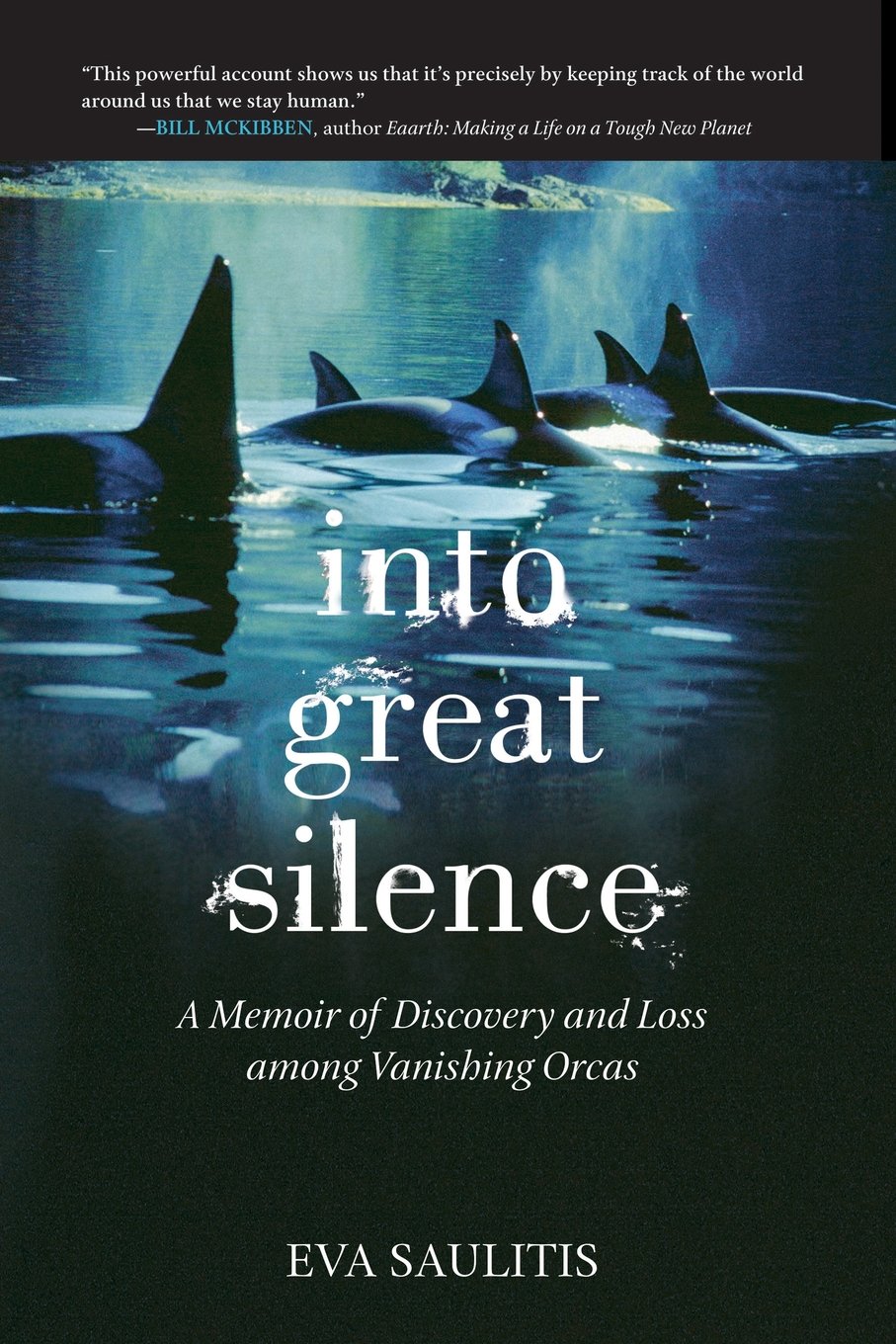Arne Næss, Ecosophy and Deep Ecology

Norwegian professor and philosopher, late Arne Næss, remains a key figure in the awakening of 20th C occidental consciousness to the real threats of the ecological-environmental crisis. I am posting this on ‘Earth Day’ to bring his (often marginalized and neglected) ideas to the fore, and also to remind us (myself included) of our inter-relatedness with, and the common fate that we share with all life forms on our planet. My first brush with Næss, quite a few years ago, was through readings about deep ecology – I thought him too ‘white-male-crisis’ for my taste then, but with distance, and time, I have come to appreciate his ideas more. His personal philosophy, which he called Ecosophy (not to be confused with Félix Guattari‘s usage of the same term,) encompasses the complexity of the relationship of humans to their natural environment, and he calls for a higher spiritual and psychological evolution of humankind, to ‘Self-realization’, a set of ideas which he formulates later as Deep Ecology. The deep ecological attitude is not only a state of ‘Self-realization’, but also a state of questioning – asking the bigger questions of life, being, society and culture, natural diversity, human instrumentality. The deep ecological attitude is also ‘longitudinal’, the ability to envision human activities and the natural world in large sweeps of time – giving rise to the ‘deep long range ecology movement.’ Read More…


 Utterly Brilliant! I just thought you should know that you have engaged another human with your work here, and for that I thank you!
Utterly Brilliant! I just thought you should know that you have engaged another human with your work here, and for that I thank you! #NowFollowing @Milindo_Taid One of the most influential n interesting mentor from my design school. Always loaded. :)
#NowFollowing @Milindo_Taid One of the most influential n interesting mentor from my design school. Always loaded. :) love ur pics…they are like those moments which u capture in your mind and wished u had a camera right at that moment to capture it…but u actually do capture them :) beautiful…!!!
love ur pics…they are like those moments which u capture in your mind and wished u had a camera right at that moment to capture it…but u actually do capture them :) beautiful…!!! OMG its like a painting!! you have taken photography to another level!!!
OMG its like a painting!! you have taken photography to another level!!! So glad you enjoyed my photos, really honored to be featured on your blog. thank you sir!
So glad you enjoyed my photos, really honored to be featured on your blog. thank you sir! With all the magical places you are checking off your bucket list! I want to know how to be you :)
With all the magical places you are checking off your bucket list! I want to know how to be you :) Absolutely amazing blog – a chest full of treasure.
Absolutely amazing blog – a chest full of treasure. Photo gallery
Photo gallery Grt milindo. eachtime want to check out something good on net…know where to go now!
Grt milindo. eachtime want to check out something good on net…know where to go now! Photo gallery
Photo gallery I was just looking at your website… amazing it is… full of knowledge as always..
I was just looking at your website… amazing it is… full of knowledge as always.. i really like your blog – good interesting stuff as always !
i really like your blog – good interesting stuff as always ! Never thought I’d say this, but it was the most interesting classes I’ve sat in.. and of course, the day you played Sultans of Swing for us. Hope you continue to influence the next generations with your dynamic yet simple teachings.
Never thought I’d say this, but it was the most interesting classes I’ve sat in.. and of course, the day you played Sultans of Swing for us. Hope you continue to influence the next generations with your dynamic yet simple teachings. Its really good to see you Milindo, with such awesome stuff from you as usual.. loved your blog as well!
Its really good to see you Milindo, with such awesome stuff from you as usual.. loved your blog as well! Your courses were always the best. By the way, just went through a bit of your website. It’s great! Some good stuff in there that I wouldn’t normally chance upon
Your courses were always the best. By the way, just went through a bit of your website. It’s great! Some good stuff in there that I wouldn’t normally chance upon Photo gallery
Photo gallery Photo gallery
Photo gallery Your website is full of delightful posts. I’m going to have to watch where my time goes when I’m visiting! :)
Your website is full of delightful posts. I’m going to have to watch where my time goes when I’m visiting! :) You are inimitable!
You are inimitable! You’re a role model sir, such awesomeness !!! :D
You’re a role model sir, such awesomeness !!! :D I discover TL of a writer and respected intellectual, with a tolerant, global conscience: @GhoshAmitav – tx @Milindo_Taid
I discover TL of a writer and respected intellectual, with a tolerant, global conscience: @GhoshAmitav – tx @Milindo_Taid Photo gallery
Photo gallery hope you’re changing the world as always :)
hope you’re changing the world as always :) Photo gallery
Photo gallery This is by far amongst the best curated creative content sites out there and the eye and vision of one man, when good, works better than any funded team. Inspired enormously once again :)
This is by far amongst the best curated creative content sites out there and the eye and vision of one man, when good, works better than any funded team. Inspired enormously once again :) We need more teachers like you :)
We need more teachers like you :) Oldest operating bookstore
Oldest operating bookstore Milind never told u but u were my first true inspiration….I almost learnt the guitar watching u play…..thanx for being there
Milind never told u but u were my first true inspiration….I almost learnt the guitar watching u play…..thanx for being there You are awesome :)
You are awesome :) Milindo Taid – ace teacher, rockstar guide to my projects at film school, guitarist and photographer too. Really good human being as well
Milindo Taid – ace teacher, rockstar guide to my projects at film school, guitarist and photographer too. Really good human being as well Love your site Milindo. I was excited to see you displaying my husband’s watermelon carvings
Love your site Milindo. I was excited to see you displaying my husband’s watermelon carvings Photo gallery
Photo gallery Photo gallery
Photo gallery Photo gallery
Photo gallery Guitar in your hand reminds me of the MCRC days! You are terrific… :)
Guitar in your hand reminds me of the MCRC days! You are terrific… :) great blog :)
great blog :) Photo gallery
Photo gallery Just detected your blog: impressive. wishing you continued inspiration and health.
Just detected your blog: impressive. wishing you continued inspiration and health. Hi Milindo, hope you are inspiring many more around you…wherever you are!
Hi Milindo, hope you are inspiring many more around you…wherever you are! Photo gallery
Photo gallery You’ll love this site by the awesome Milindo Taid
You’ll love this site by the awesome Milindo Taid Photo Gallery
Photo Gallery Photo gallery
Photo gallery Photo gallery
Photo gallery You are the only faculty member I could connect to!
You are the only faculty member I could connect to! veryveryinterestingwebsite.have been visiting! thankyou!
veryveryinterestingwebsite.have been visiting! thankyou! Photo gallery
Photo gallery Still a fan of your unique and sweet finger strum on acoustic guitar. It made an ordinary guitar sound great. Would just love to see and hear one of those too.
Still a fan of your unique and sweet finger strum on acoustic guitar. It made an ordinary guitar sound great. Would just love to see and hear one of those too. Photo gallery
Photo gallery Photo Gallery
Photo Gallery Photo gallery
Photo gallery Photo Gallery
Photo Gallery Photo gallery
Photo gallery